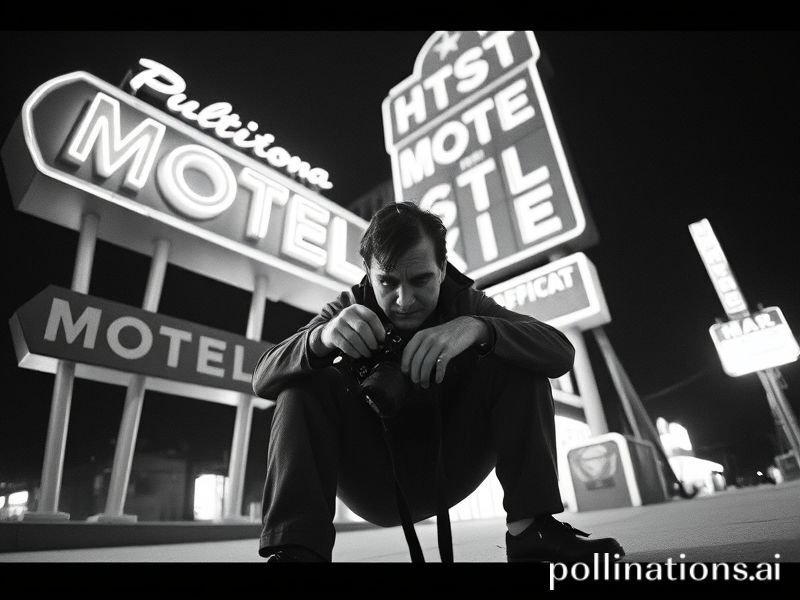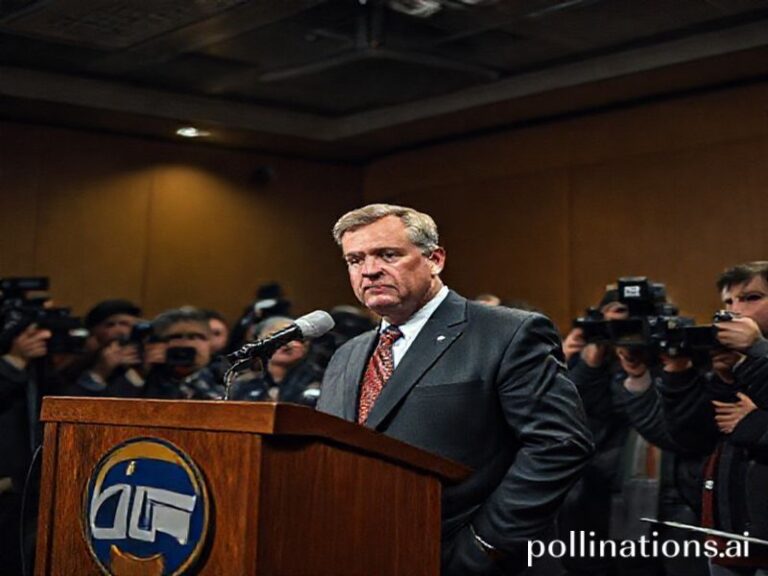How Quentin Tarantino Became the World’s Favorite Arms-Dealer of Style—One Blood-Spattered Reel at a Time
Quentin Tarantino: The Last American Auteur Exporting Revenge Fantasies to a World Already Overflowing with Them
Dave’s Locker – International Bureau, somewhere between Cannes and the 38th parallel
By the time the credits rolled on Pulp Fiction in 1994, the planet had already stockpiled enough Kalashnikovs to make every “Royale with Cheese” crack feel like a punchline in bad taste. Yet somehow, Quentin Tarantino’s pop-culture scrapbook of hitmen, samurai swords, and foot-fetish subplots became a global lingua franca—spoken fluently from the neon back-alleys of Tokyo to the popcorn-scented multiplexes of Riyadh. Call it the miracle of late-stage capitalism: we sell the same stylized carnage back to countries whose nightly news looks like deleted scenes from Kill Bill.
In France—where intellectuals still pretend cinema is a secular religion—Tarantino is canonized as the high priest of pastiche. The Cahiers crowd genuflects at every trunk shot, as if Godard hadn’t already filmed women’s feet in 1963. Meanwhile, South Korean exhibitors count ticket sales the way arms dealers tally crates: by weight. When Once Upon a Time in Hollywood arrived in Seoul, local distributors slapped a 19+ rating on it not for the violence, but because the film dared to suggest that the Manson murders were, well, inconvenient. Nothing scares a peninsula technically still at war like nostalgia for a decade it never had.
Travel further south to Argentina and you’ll find bootleg DVDs of Django Unchained doing brisk business in the shadow of former detention centers. The irony is richer than a Tarantino monologue: a spaghetti-western remix about slavery being sold next door to monuments commemorating actual state terror. But irony is the last luxury good that crosses borders tariff-free, so who’s counting?
Global streaming has only accelerated the deluge. In Nigeria, where Nollywood churns out two hundred films a month on budgets smaller than the coffee run for The Hateful Eight, directors study Tarantino’s nonlinear timelines like engineering blueprints. The takeaway: if you can’t afford squibs, just write smarter dialogue and hope the generator doesn’t cut out mid-take. In Mumbai, Bollywood producers option the rights to Reservoir Dogs every fiscal quarter, then Indianize it into a musical where everyone survives the standoff—because reincarnation is cheaper than squibs, too.
Even in the hermit kingdom up north—where western media is supposedly banned—defector testimony reveals USB drives of Inglourious Basterds circulating among Pyongyang’s elite. Nothing says “Dear Leader” like watching Hitler get machine-gunned in a burning cinema; it’s practically a training video for purging your own propaganda department.
Tarantino himself remains a stubbornly American paradox: anti-authoritarian yet obsessive about controlling every frame, anti-corporate yet happy to cash Disney checks for a Star Trek pitch he’ll probably never shoot. His films lecture us about the moral rot of history while gleefully selling that rot back to us in limited-edition steelbooks. It’s the kind of contradiction that plays well in Berlin, where audiences have spent decades perfecting the art of feeling guilty while eating popcorn.
And what of the wider cultural fallout? In a world where real-world violence streams live on TikTok, Tarantino’s operatic bloodletting risks looking almost quaint—like performing kabuki in front of a drone strike. Yet the brand endures. From Beirut rooftops to São Paulo favelas, kids still quote Ezekiel 25:17 between rounds of Call of Duty, blissfully unaware that the verse was mostly written by a screenwriter in a Los Angeles bungalow circa 1993. Somewhere, Jules Winnfield is shaking his jheri-curled head.
Perhaps the final joke is on us. While nations argue over tariffs, borders, and vaccine patents, the only truly duty-free export left is pulp mythology—packaged, shrink-wrapped, and subtitled in 47 languages. Tarantino doesn’t just make movies; he traffics in the last universally accepted currency of cool, redeemable everywhere except, ironically, the country that birthed him. America still argues over whether art should be woke or broke, while the rest of the world simply queues for the midnight show, ready to applaud the next arterial spray like it’s the Star-Spangled Banner.
When the house lights come up, we exit past posters advertising the next revenge epic, stepping over puddles of spilled cola that look unsettlingly like blood under neon. Somewhere overhead, a satellite beams the same trailer to Lagos, Lahore, and Lima. One planet, one playlist, endless slow-motion carnage. And somewhere in the multiplex, Tarantino grins—because he’s already figured out the only thing more profitable than selling violence to Americans: selling American violence to everyone else.







